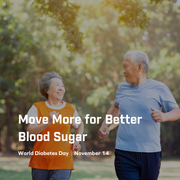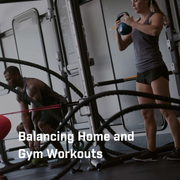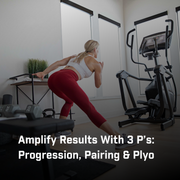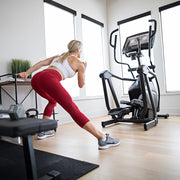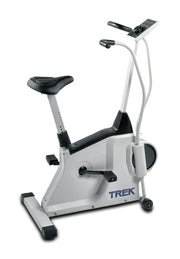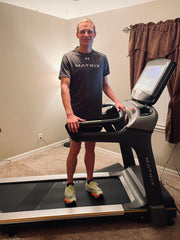Few people exercise solely for the immune system benefits but working out regularly can optimize a healthy immune system.
Every day, we encounter harmful bacteria, viruses, fungi and parasites that can infect us. These pathogens are only manageable because our immune system can tell which cells are ours and which are foreign. But even if your immune system detects an invader, the speed and magnitude of the immune response varies!
Exercise is a key factor in immune system health and has anti-inflammatory benefits. Low-impact cardio is a great place to start if you’re looking for a good workout that is easier on your joints.
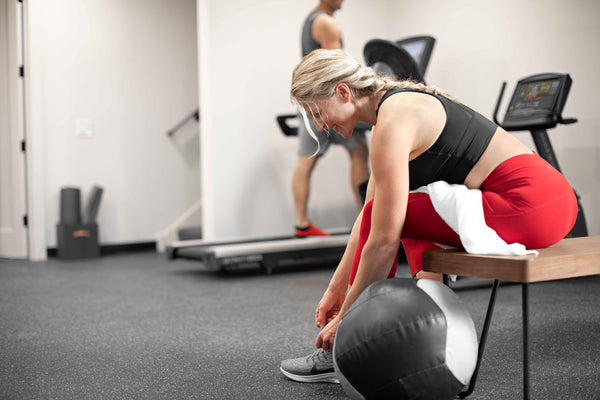
4 Protective Changes to the Immune System from Exercise
1. More cells to the rescue
The immune system is made of many cell-types that fight-off intruders to the body. Exercise can increase the types of immune cells that fight infection.
2. More "traps" to capture pathogens
When the immune cells find dangerous intruders in the body, they can release neutralizing antibodies to tag the invaders so they can't slip away to infect other cells. Active individuals produce more antibodies, which are circulating “traps” for harmful bacteria and viruses you may encounter. Antibodies are like molecular handcuffs, binding to pathogens and helping your body to eliminate them.
3. Faster antibody responses after vaccination
The antibody response is higher in those who exercise. This helps active people to halt an infection faster than sedentary individuals. When these responses are quantified after a person receives a vaccine, studies show that a single workout can significantly increase antibody responses for several weeks!
4. Slower aging of the immune system
With age, the ratio of specific types of immune system cells changes. This shift also reflects whether you are physically active. Studies on older adults show that the fittest individuals have the most youthful ratios of immune system cells.
Active people also have muscles that release more anti-inflammatory molecules that benefit the immune system. Exercise can "rejuvenate" the immune system at any age. In fact, research shows more youthful immune function even if you get started with exercise late in life.
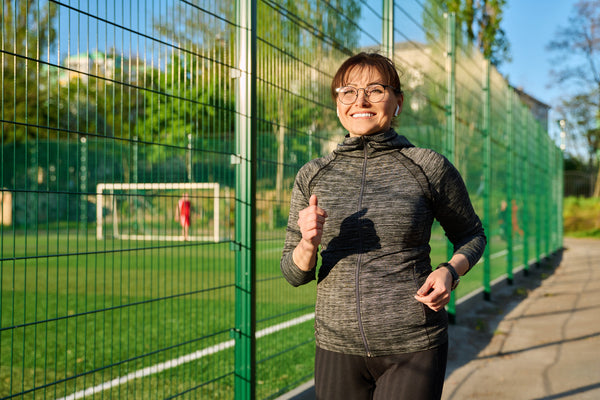
Embrace Exercise to Feel Better Today
It's not easy to start a new exercise habit. The promise of a healthier immune system is not highly motivating for most people. Instead, consider how you feel day-to-day.
How you feel can reflect immune system functions because when we are fighting off an infection, the brain can tell! Immune health not only affects your susceptibility to infection, it also predicts your mental health status.

The truth is that your brain is less able to focus and calm down when we are battling an immune challenge. As a result, infections and immune activation increases one's risk of depression and anxiety symptoms. Even the experience of a low mood, or feeling melancholy, is closely tied to immune function.
Your decision to move your body today may be among the most important actions you take, especially if you seek a calmer and more pleasant state of mind!
______________________________________________________________
About the Author

Karlie Intlekofer, PhD, CNC, CPT, Global Wellness Researcher, Matrix Fitness
As the Global Wellness Researcher at Matrix Fitness, Karlie uses evidence-based practices to develop exercise programming and initiatives to support healthier daily habits. As a neuroscientist specializing in behavior and exercise science, she focuses on the benefits of exercise, nutrition and habit formation for brain health and well-being. Karlie earned her doctorate in Neuroscience and Behavior and bachelor’s degree in Health and Exercise Science.











